How many songs are in an album? Check here the best explanation
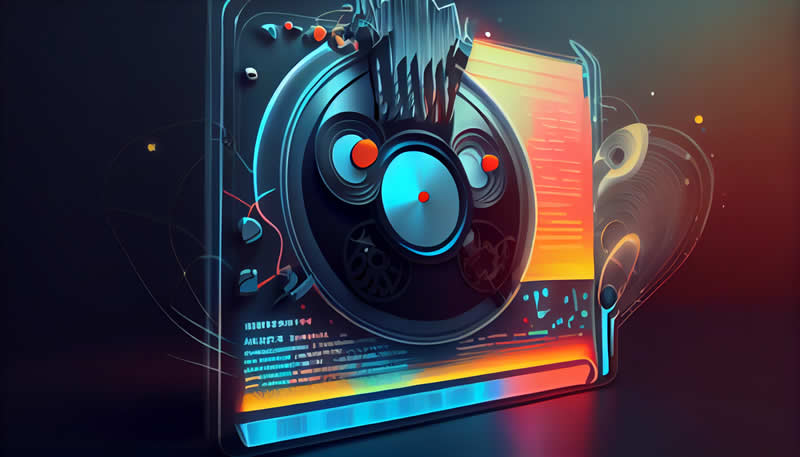
Table of content
How many songs are in an album? Check here the best explanation - Introduction
You'll start thinking about how to release your songs once you've finished writing them. But do you have enough songs—or perhaps too many—for an album?
The quantity of tracks an artist chooses to include is frequently determined by their budget or the number of songs they have composed.
But is this the only format to release your music? What are the alternatives, and what are the benefits of adopting them?
KEY TAKEAWAYS
Albums usually have 10-12 tracks, but can vary depending on factors such as genre, format, and artist preferences.
Format determines album length; LPs (Long-playing records) generally have 8-12 tracks and at least 30 minutes of music.
EPs (Extended plays) typically have 2-5 tracks and last less than 30 minutes.
Despite changes in music consumption, albums still hold relevance for artists and listeners.
Quality over quantity; artists should focus on producing high-quality music rather than just filling albums with many tracks.
Innovative release strategies, collaborations, and platforms like CalypsoRoom help artists adapt to the streaming era and reach wider audiences.
The format determines the album
A full-length record's musical content was previously constrained to the number of minutes that would fit on the format that the album was being sold on.
For instance, the 33 1/3 LP's maximum running time used to be 42 minutes. Because of this, many albums from the 1960s and 1970s were required to be shorter in duration than many albums that came after.

However, with the introduction of digital media and streaming services, an album can contain almost an endless number of tracks or minutes.
What is an EP
A musical project known as an extended play (EP) often has 2–5 tracks and lasts less than 30 minutes.
Since they don't require as much studio time, mixing and mastering expenses, or other ancillary charges as the release of a full album, EPs are the most cost-effective option for an artist's budget.
Since each song on an EP might receive more attention than a song on a full-length album, EPs are especially ideal for unsigned or indie artists and bands.
All musicians are advised to release an EP first before tackling the time-consuming and difficult work of creating, recording, and promoting a full LP.
What is a LP
“Long-playing” record is another name for an LP. The use of vinyl records gave rise to the name "LP." LPs are essentially complete albums that have at least 30 minutes of music overall and 8 to 12 tracks total.
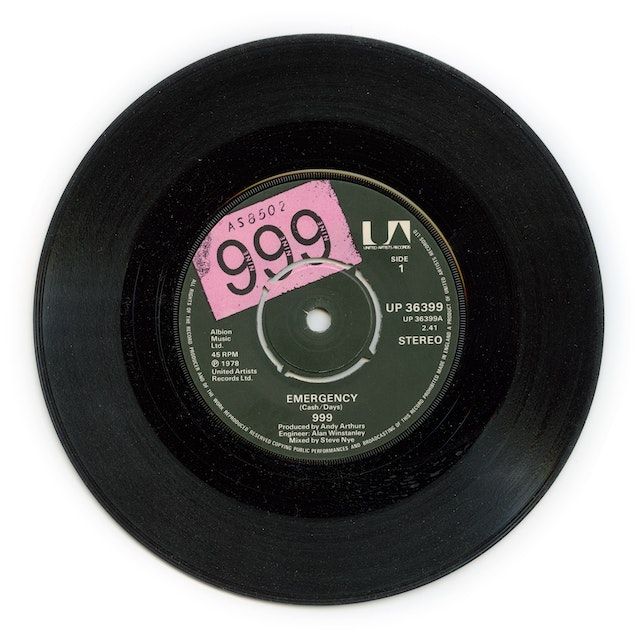
For well-known musicians with devoted followers who are constantly looking for new song material, LPs work well. They are also excellent for projects that want to tell a story or have a particular mood spread throughout several tracks.
Are album still relevant in the streaming era?
In recent years, there has been much debate about the supposed "end of the album" as streaming services have changed the way people consume music.
However, despite the changing landscape of music consumption, albums continue to hold relevance for both artists and listeners alike.
In 2021, Adele made headlines by challenging the notion that "the album is dead." The pop superstar asked Spotify to disable the default shuffle feature on albums, ensuring that her work and that of other artists could be listened to as intended when recorded.
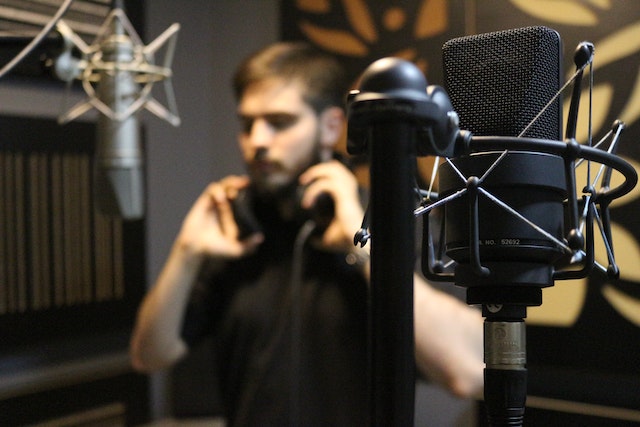
This move highlighted the importance of the cohesive listening experience that an album provides.
While it's true that the way we listen to music has evolved, albums still offer a unique opportunity for artists to tell a story, explore a theme, or showcase their growth and development.
Additionally, many music enthusiasts continue to appreciate the experience of immersing themselves in a full-length album, allowing them to connect more deeply with the artist's vision and journey.
Moreover, the album format continues to be a significant aspect of the music industry, with awards like the Grammy for Album of the Year recognizing the artistic achievement of crafting a cohesive and compelling body of work.
In this sense, the album remains a vital part of the musical landscape, even as listening habits and preferences continue to shift.

Quality over quantity
When preparing to enter the recording studio, musicians often have a predetermined number of tracks in mind.
They might have 20 songs or just 15 and those songs may speak about a wide range or topics like brothers and sisters, about running away, beaches etc.
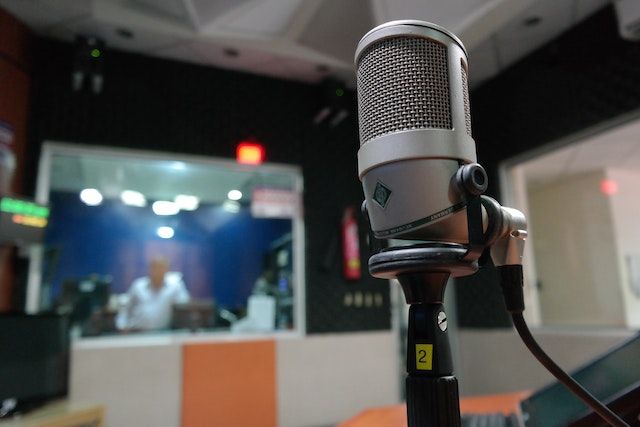
The quantity of songs on an album is not as significant for independent performers. Making sure that the songs that are recorded are as high-quality as possible is more crucial.
If you are unsigned, another suggestion is to simply release singles and continue doing this up until a label pays attention to you (if this is what you are looking for).
Release a full-length album only after someone else has paid for its production: this will significantly lower your expenses while also leaving the music industry and your followers wanting more.
Once you have been signed, it will be necessary to release an album with eight or more songs that last between 40 and 70 minutes.
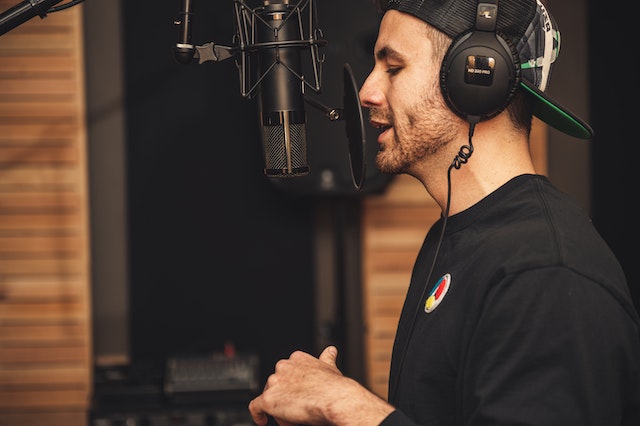
Photo album-inspired music release strategies in the streaming era
In the streaming era, artists and their teams have been exploring various strategies to maximize the potential success of their new albums, taking inspiration from the concept of a photo album , which consists of blank pages and album covers designed to hold and display photographs.
Music artists have adapted this concept to create innovative release strategies that resonate with their audience and keep them engaged.
Blank pages: serialized content
Just as a photograph album features blank pages to fill in with new memories, musicians can use the idea of "blank pages" to release music in smaller portions, such as EPs or a series of singles.
This approach allows artists to maintain a consistent presence on streaming platforms and ensures their content is regularly featured on playlists and algorithm-driven recommendations.
Album covers: visual projects
Album covers are an essential aspect of a photo album, providing an attractive and intriguing first impression.
These projects offer a unique and immersive way for fans to engage with an artist's work and can generate additional interest around a new album release.
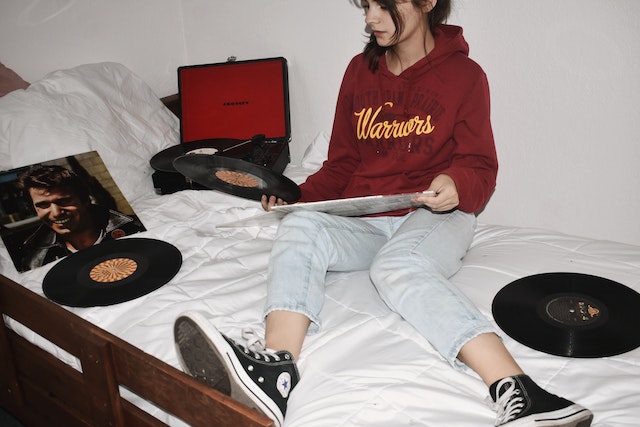
Photograph album: collaborations and cross-promotion
A photograph album often features images of different people, places, and events that hold sentimental value.
In a similar vein, collaborative projects with other artists serve as an effective release strategy in the streaming era.
By working together, musicians can leverage each other's fan bases and generate additional exposure for their music.
Collaborative albums or singles can be mutually beneficial for all parties involved and can lead to increased streams, sales, and followers on social media.
New Album: surprise releases and traditional rollouts
When adding a new album to a collection, artists can choose between surprise releases or traditional rollouts.
Surprise releases can create an instant buzz among fans, while traditional rollouts involve releasing singles and promotional material ahead of the album's release date.
Each approach has its advantages and can be tailored to suit an artist's specific goals and circumstances.

CalypsoRoom: a new way to experience and promote music in the streaming era
As the music industry adapts to the rise of streaming services and digital platforms, artists are constantly exploring innovative ways to promote their work and connect with fans.
One such platform, CalypsoRoom, offers a unique social media streaming experience that allows people to listen to music together, connected by webcams, fostering a sense of community and shared enjoyment.
CalypsoRoom enables artists to promote their new albums and releases in a more interactive and engaging way.
This immersive, communal listening experience can create a more profound connection between artists and their audience, leading to increased loyalty and support.
By using platforms like CalypsoRoom, artists can adapt to the changing landscape of the music industry, finding new avenues to share their work and cultivate a dedicated fan base.
This novel approach to music promotion allows musicians to reach a wider audience and remain relevant in an increasingly competitive and fast-paced industry.
As artists and fans continue to embrace these new experiences, the concept of the album may continue to evolve, but its relevance and impact on the music industry will undoubtedly endure.
How many songs are in an album - Conclusion
In summary, the number of songs on an album can vary greatly depending on factors such as genre, format, and artist preferences.
However, it is crucial for artists to focus on producing high-quality music rather than simply filling their albums with a large number of tracks.
Whether you choose to release an EP, a full-length album, or a series of singles, it's essential to find the right balance that showcases your best work, resonates with your audience, and aligns with your career goals.
As the music industry continues to evolve in the streaming era, artists should explore innovative release strategies and collaborations to maximize their potential for success.
For more information on music promotion strategies, head over to our blog section, where you'll find a wealth of resources and insights to help you make the most of your musical endeavors.
If you're a music artist looking to join the CalypsoRoom community and share your work with a vibrant, engaged audience, we would love to have you on board!
Don't miss this opportunity to be part of a groundbreaking project that's redefining the music streaming experience.
Get in touch with us today and let your music be heard by fans from all around the world in a new and fascinating active way!
Music will save us all
CalypsoRoom Team
Frequently Asked Questions
How many songs does an alum contain?
Depending on the artist and genre, an album's song count might change, although the typical range is between 8 and 15 tracks.
What is the definition of album in music?
An album definition music is a collection of audio recordings, usually consisting of multiple tracks, that are released together as a single body of work, often showcasing an artist's creativity, storytelling, or thematic exploration.
Can an album have more tracks than 15?
Absolutely, an album can have more songs than 15. Albums featuring more than 15 tracks, on the other hand, are less typical and sometimes referred to as double or triple albums.
Why are there more tracks on certain albums than others?
An album's song count is frequently decided by a variety of elements, such as the artist's artistic vision, the demands of the record company, and business concerns.
Do albums in all musical genres have the same amount of songs?
No, an album's song count might vary based on the type of music it contains. A hip-hop album, for instance, can feature more tracks than 10-12 on a standard mainstream album.
What's the length of an album containing 8–15 songs?
The duration of an album containing 8–15 tracks might change based on how long each song is on its own. An album with 8 to 15 tracks typically lasts 30 to 50 minutes.
What makes an album different from a mixtape?
An musician will officially release an album through a record label. A mixtape is frequently a self-released or unauthorized collection of music by a DJ or artist that may contain remixes of other songs as well as original material.
What is the longest album ever?
The longest album ever is "Everywhere at the End of Time" by The Caretaker, which lasts for approximately 6 hours and 30 minutes. This experimental ambient album, released in six stages from 2016 to 2019, explores the theme of memory and dementia, progressively deteriorating in sound quality to convey the disintegration of memories.
What’s the difference between a full album vs mini album?
A full album, also known as a long-playing record (LP), typically contains 10-15 tracks and can have a runtime of 40-70 minutes. It is a more comprehensive representation of an artist's work. A mini-album, also known as an extended play (EP), usually has 4-7 tracks and a shorter runtime, often 15-30 minutes. It is often used by artists to showcase a smaller selection of their work or explore a specific musical theme.
back
Written by CalypsoRoom Editorial Team
The CalypsoRoom Editorial Team is a skilled and diverse group of writers, researchers, and industry specialists who have access to Calypso's data and information in order to give you broad knowledge about the music industry as well as helpful advice to help you manage your music and dancing career.
Updated April 2023
Company number: 681223
James's Walk 31, Dublin, Ireland
contact@calypsoroom.com
+353 (89) 435 8928




